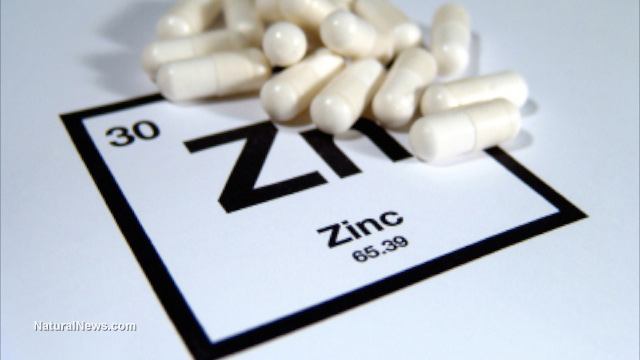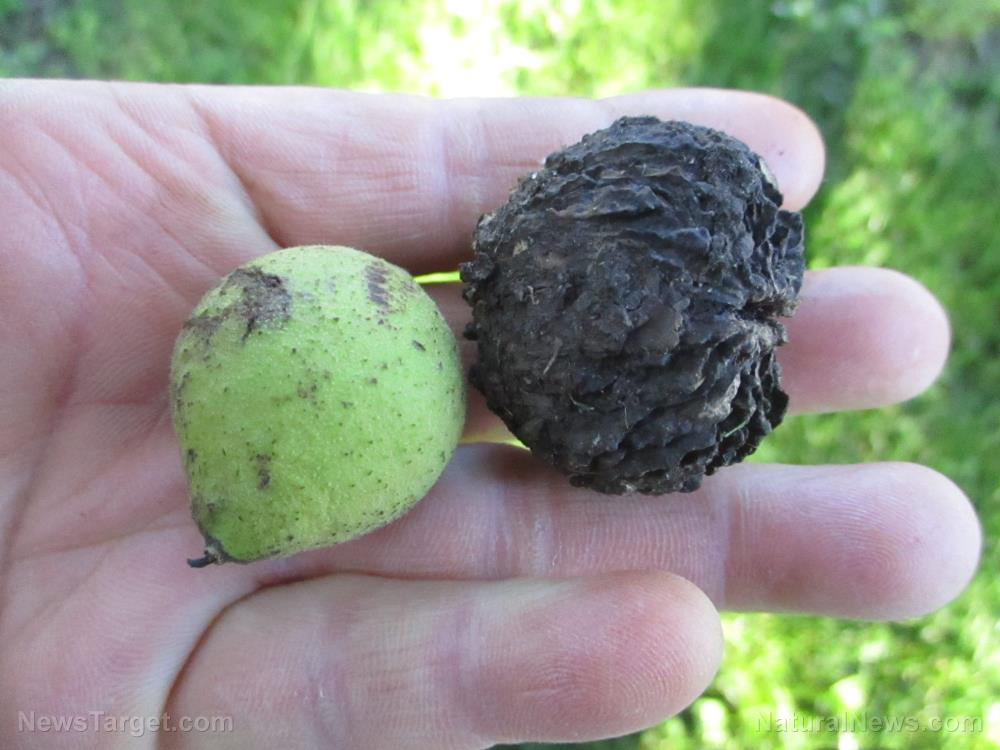Vitamin C supplementation before exercise can help hasten your post-workout recovery, researchers find
04/10/2019 / By Cassie B.

Regular exercise is one of the top ways to maintain your health as you age. Along with a healthy diet and plenty of rest, exercise is nearly always named as a way to reduce your risk of a host of ailments ranging from heart disease and diabetes to cancer and Alzheimer’s. If concerns about the toll exercise takes on your body are holding you back from working out more often, researchers have found that vitamin C could be just what you need.
Vitamin C, also known as ascorbic acid, has been shown in a study to increase the body’s antioxidant capacity after exercising, facilitating the recovery process. In the study, researchers from Thailand recruited healthy women aged 22 to 25 who had been sedentary for at least a year. The crossover study saw participants ingesting a capsule on an exercise day – either 1,000 milligrams of ascorbic acid or a placebo – before carrying out 30 minutes of cycling at a moderate intensity.
Samples of their blood were taken just before and after their exercise, as well as 30 minutes after the exercise had commenced, to study their total protein, oxidative stress, plasma albumin, muscle damage markers, and glucose.
After a week-long “washout” period, they visited the lab again, ingested a different capsule than they were given the previous time, and went through the same exercise protocol and blood analysis.
The researchers discovered that not only was the antioxidant power improved in the blood of those who took vitamin C, but it also mitigated the increase in stress markers in the body caused by the exercise.
Other studies show how vitamin C can help those who exercise
It’s not the first time a connection has been made between exercise and vitamin C. In fact, a study that was carried out at the University of Colorado, Boulder, found that supplementing daily with 500 milligrams of time-released vitamin C had similar cardiovascular benefits to those of regular exercise among overweight and obese adults. Those who took the supplements saw improvements in their blood vessel tone, which is a key measurement of heart health, as people who undertook three months of brisk walking between five and seven times per week. Of course, regular exercise is always the preferred choice and no pill can substitute for all of its benefits, but it does illustrate just how powerful this vitamin can be.
Meanwhile, a different study published in Allergy, Asthma & Clinical Immunology showed that vitamin C can help to ease breathing problems brought on by exercise. The researchers found that vitamin C decreased the post-exercise decline in people’s forced expiratory volume, or FEV1, by 50 percent. This analysis found that people’s respiratory symptoms under heavy, short-term physical stress were reduced by 50 percent when they were given vitamin C.
Other studies have shown that male competitive swimmers who take vitamin C note a 50 percent lower duration of exercise-induced respiratory symptoms.
Getting more vitamin C in your diet
Like any vitamin, it’s always better to get vitamin C from your diet when you can. Thankfully, a wide variety of foods provide a good amount of this vitamin, so it shouldn’t be too difficult to find a few foods you would be happy to eat more of.
The fruits that contain the most vitamin C include kiwi, papayas, citrus fruits, pineapples, berries, and cantaloupe. When it comes to vegetables, the best choices are broccoli, brussels sprouts, red and green peppers, leafy greens like spinach, and cauliflower.
If you’ve found that exercising is simply too hard on your body, getting more vitamin C in your system before working out could help you recover better – and improve your overall health!
Sources for this article include:
Submit a correction >>
Tagged Under:
antioxidants, asthma, exercise, exercise recovery, fitness, food is medicine, natural medicine, nutrients, physical fitness, prevention, remedies, research, respiratory health, slender, vitamin C, vitamins, workout, workout recovery
This article may contain statements that reflect the opinion of the author
RECENT NEWS & ARTICLES
Antioxidants.News is a fact-based public education website published by Antioxidants News Features, LLC.
All content copyright © 2018 by Antioxidants News Features, LLC.
Contact Us with Tips or Corrections
All trademarks, registered trademarks and servicemarks mentioned on this site are the property of their respective owners.





















